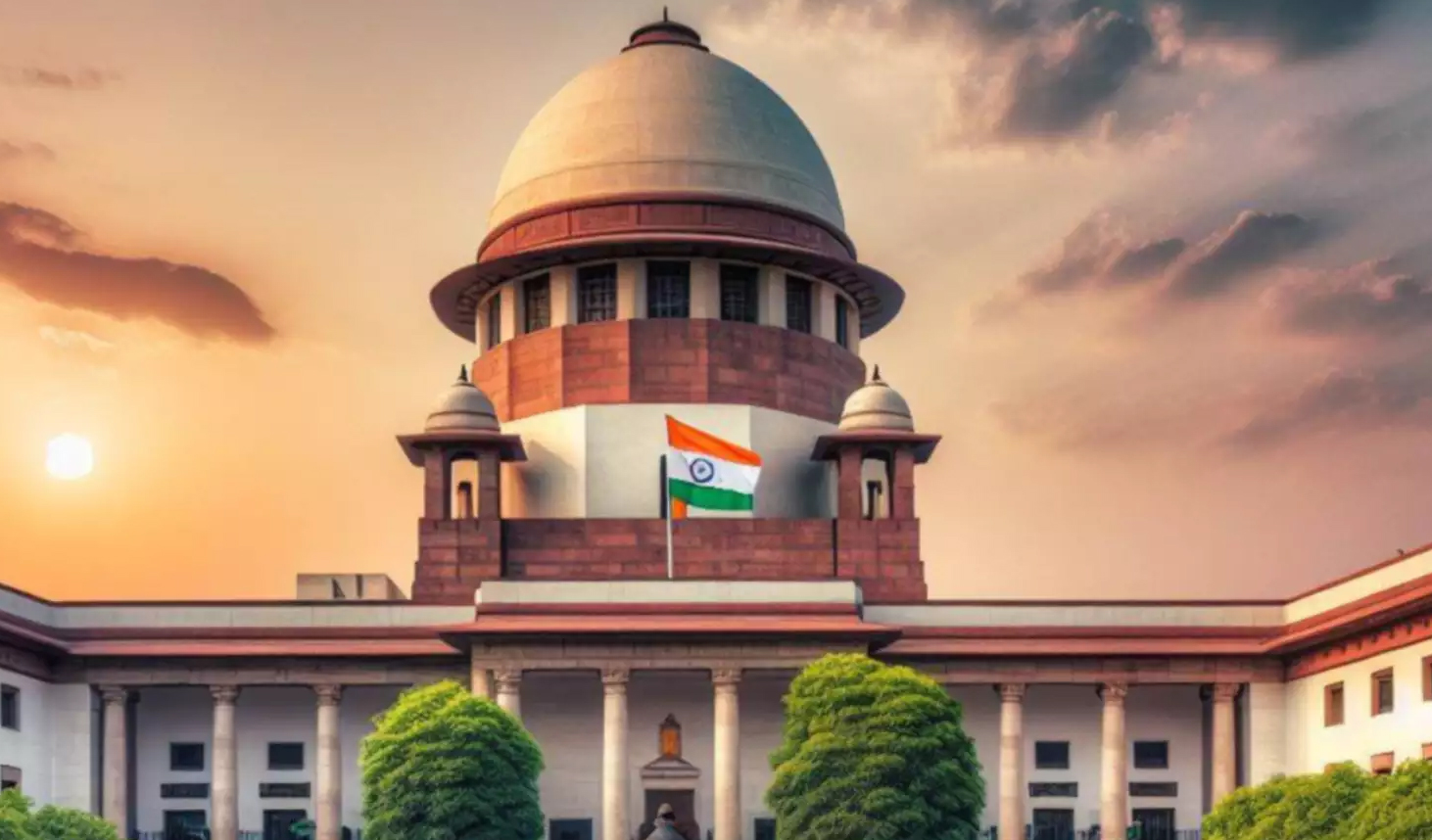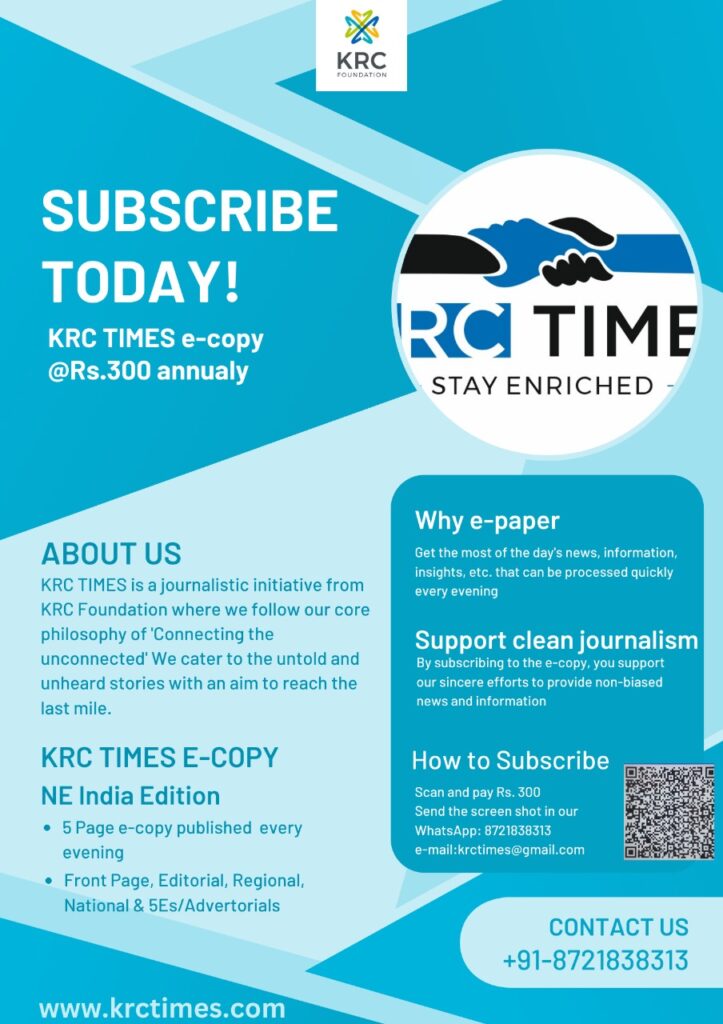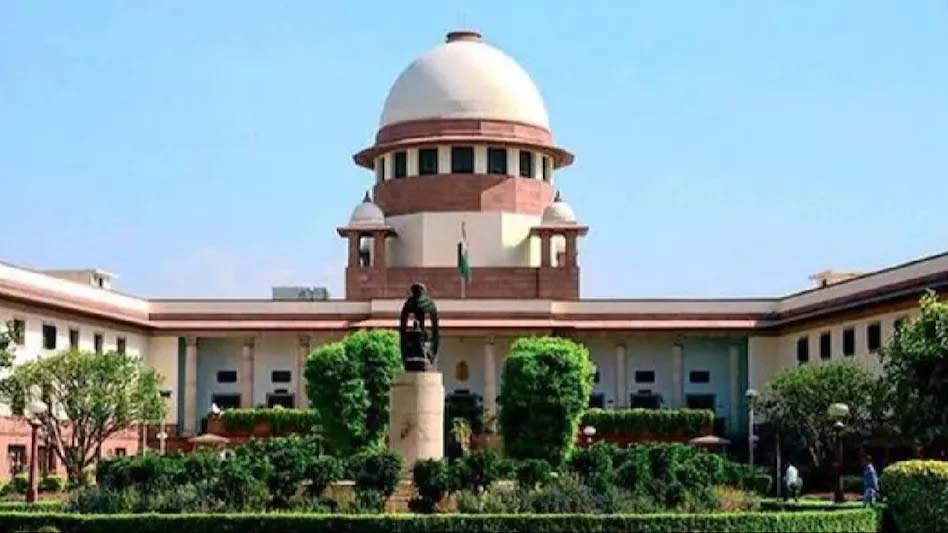Akshat Khetan Democratic spectacle owes its strength and boldness to a series of landmark legal judgments that have fortified its foundations Democratic spectacle owes its strength and boldness to a series of landmark legal judgments that have fortified its foundations Elections, serving as the cornerstone of democracy, offer a platform for citizens to voice their […]
 KRC TIMES Desk
KRC TIMES Desk

Akshat Khetan
Democratic spectacle owes its strength and boldness to a series of landmark legal judgments that have fortified its foundations Democratic spectacle owes its strength and boldness to a series of landmark legal judgments that have fortified its foundations
Elections, serving as the cornerstone of democracy, offer a platform for citizens to voice their opinions, hold leaders accountable, and actively engage in shaping the future of their nation. In India, elections transcend mere political proceedings; they evolve into grand festivals, embodying the collective will and aspirations of over a billion people.
India’s electoral odyssey, marked by its vast scale, diversity, and intricacy, has been fortified by a series of seminal legal rulings. These decisions have been instrumental in shaping and reinforcing the democratic framework of India, ensuring fairness, transparency, and inclusivity in the electoral process. Among the plethora of cases that demonstrate the resilience of the legal system, five stand out as pillars that have fortified India’s electoral journey.
Fundamental Right to Vote:
At the core of India’s electoral democracy lies the fundamental right to vote, enshrined in the Constitution. Over time, the judiciary has steadfastly upheld and safeguarded this right through various legal pronouncements. In the landmark 1977 case of Mohinder Singh Gill v. The Chief Election Commissioner, the Supreme Court of India unequivocally affirmed that the right to vote is sacrosanct and any arbitrary deprivation of this right is unconstitutional.
The crux of this case revolved around assessing the constitutional validity of electoral laws that might encroach upon the fundamental right to vote.
Electoral Reforms and Transparency: Ensuring transparency and accountability in the electoral process has been an ongoing endeavour, guided by judicial interventions aimed at curbing malpractices and fostering electoral integrity. The 2002 case of Association for Democratic Reforms v. Union of India marked a significant milestone in this journey.
This case presented the challenge of reconciling the right to privacy of political candidates with the public’s right to information, necessitating a delicate balance between transparency in electoral processes and individual privacy rights.
Inclusive Representation and Minority Rights: The diverse social fabric of India underscores the necessity for inclusive representation and safeguarding minority rights in the electoral arena. Legal judgments have played a pivotal role in upholding these principles and ensuring equitable participation for all segments of society. The 1991 case of Indra Sawhney v. Union of India, commonly known as the Mandal Commission case, stands as a testament to this commitment.
This case grappled with the challenge of affirmative action and reservation policies, striking a balance between equitable representation of marginalised communities and the principles of meritocracy enshrined in the Indian Constitution. The landmark judgment underscored the commitment to inclusive representation, empowering marginalised communities and fostering social justice in the electoral process.
Effective Electoral Disputes Resolution: Efficient resolution of electoral disputes is indispensable for upholding the sanctity of elections and fostering public trust in the democratic process. This judgment bolstered the credibility of the electoral process, ensuring expeditious and impartial resolution of disputes.
Safeguarding Electoral Rights and Freedoms: Preserving electoral rights and freedoms is paramount for the integrity of the electoral process. Legal judgments have been instrumental in protecting these rights and holding authorities accountable for any infringements. The 2015 case of Mohd. Sattar v. State of Rajasthan serves as a poignant example.The judgment reaffirmed the principle of universal suffrage, ensuring that every citizen’s voice is heard.
Promotional | KRC TIMES





